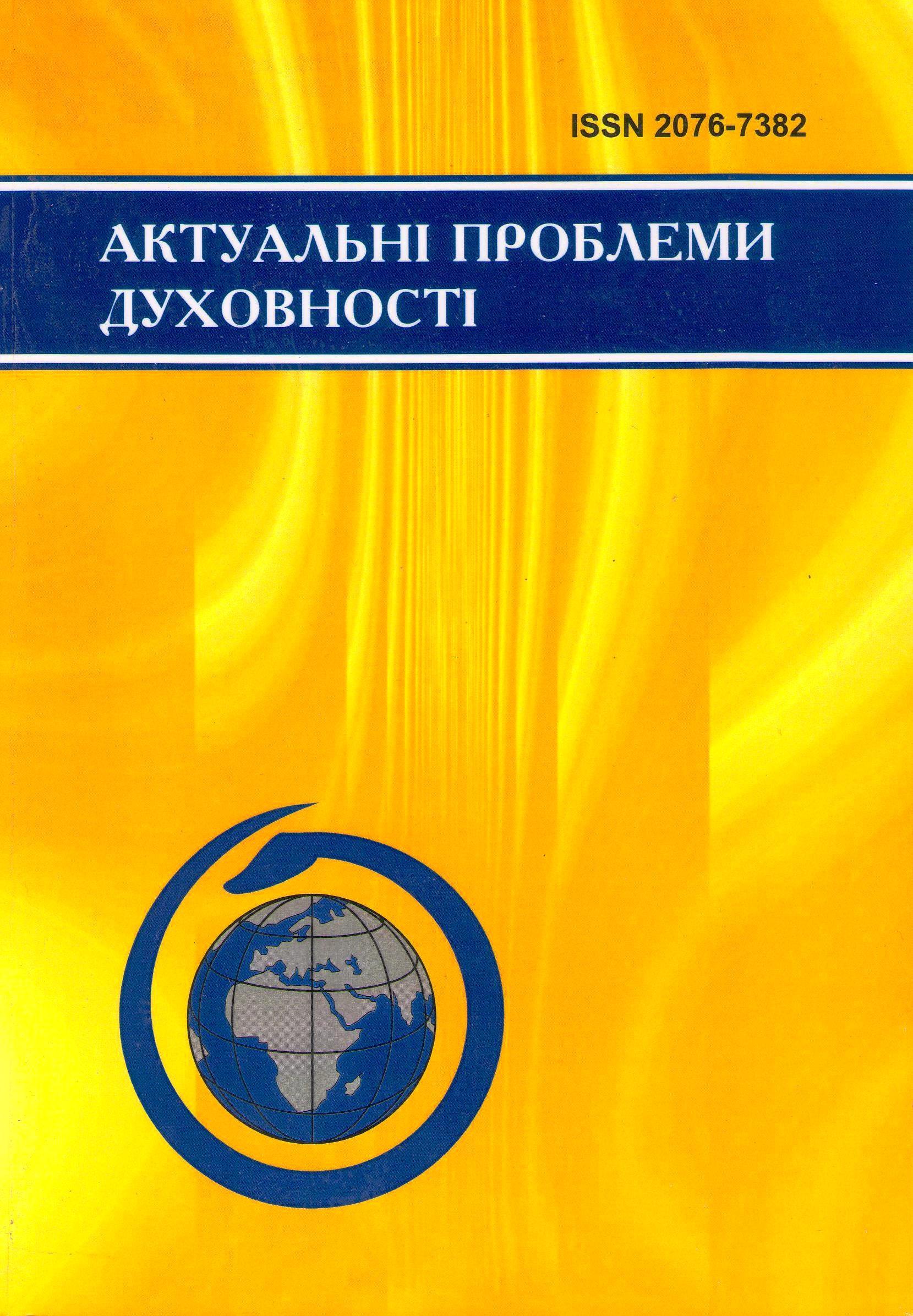Formation theory: state and private formations
DOI:
https://doi.org/10.31812/apd.v0i21.4372Keywords:
formation theory, state formation, state feudalism, state capitalism, state form of slaveryAbstract
In our study, we proceed from the fact that modern social philosophy often refers to the methodological potential of the social formation theory. Certain modifications of the Marxist approach make it possible to use its ideas quite productively for the analysis of modern society. However, it is obvious the formation theory must be cleansed of its ideological meanings and dogmatic forms. In the scientific environment, there is an established tradition of external criticism of the formational approach from the standpoint of others, especially the civilizational one. There is also an internal criticism (critical remarks) of the formation concept, and it aims not at its denial but rather at its improvement. The essential aspects of the internal criticism are the following: the problem of the number of formations and their names, the problem of the status of socialist and communist formations, the issue of formational changing, etc. Our goal is to present such an approach to the understanding of formation theory that is able, at least partially, to overcome some of the enumerated problems, outlined by internal criticism. Thus, we propose a view of formation theory in which all antagonistic formations – slavery, feudalism, and capitalism – have state and private forms. In the state form of the mentioned formations, the state acts as the chief owner and exploiter, represented by the state apparatus. The notion of state slavery and state feudalism allows us to outline within these formations the Asian mode of production as a separate system that cannot be classified. The state form of feudalism allows returning of Kievan Rus’ and the Russian Empire from a "separate" way to the path of the universal historical process. State capitalism makes it possible to reconsider the pages of the so-called socialist history of many countries of the world and finally to unravel the phenomenon of modern China.
Downloads
References
Anderson P. Perekhody ot antichnosti k feodalizmu. – Moskva : Territoriya budushchego, 2007.
Bell D. Gryadushchee postindustrialnoe obshchestvo. Opyt socialnogo prognozirovaniya. – Moskva : Academia, 2004.
Vallerstajn I. Istoricheskij kapitalizm. Kapitalisticheskaya civilizaciya. – Moskva : Tovarishchestvo nauchnyh izdanij KMK, 2008.
Darendorf R. Sovremennyj socialnyj konflikt. Ocherk politiki svobody. – Moskva : Rossijskaya politicheskaya enciklopediya, 2002.
Dementieva V.V. Trud E.SH. Velskopf «Proizvodstvennye otnosheniya na Drevnem Vostoke i v greko-rimskoj antichnosti» kak fakt istoriografii: vliyanie predshestvennikov // Problemy istorii, filologii, kultury. — Moskva: RAN – Magnitogorsk, 2004. – Vyp. 13. – S. 18-27.
Diskussiya ob aziatskom sposobe proizvodstva: po dokladu M.S. Godesa. – Moskva : Librokom, 2009.
Zaharov A.V. Eshche raz o teorii formacij // Obshchestvennye nauki i sovremennost. 1992. – No 2. – S. 46-55.
Inozemcev V.L. Sovremennoe postindustrialnoe obshchestvo: priroda, protivorechiya, perspektivy. – Moskva : Logos, 2000.
Kliff T. Gosudarstvennyj kapitalizm v Rossii. – Moskva, 1991.
Lejn D. Globalnyj kapitalizm i transformaciya gosudarstvennogo socializma // Sociologicheskij zhurnal. – 2015. – No 1. – S. 51-72.
Pajps R. Rossiya pri starom rezhime. – Moskva : Nezavisimaya gazeta, 1993.
Plekhanov G.V. Izbrannye filosofskie proizvedeniya. V 5 t. T. 1. – Moskva : Gosudarstvennoe izdatelstvo politicheskoj literatury, 1956.
Popov G.G. Diskussii o haraktere socialno-ekonomicheskogo razvitiya srednevekovoj Rusi v otechestvennoj i zarubezhnoj nauke XX veka // Istoriko-ekonomicheskie issledovaniya. – T. 9. – 2009. – No 2. – S. 33-47.
Semenov YU.I. Marksova teoriya obshestvenno-ekonomicheskih formacij i sovremennost // Filosofiya i obshchestvo. – 1998. – No 3. – S. 190-223.
Hardt M., Negri A. Imperiya. – Moskva : Praksis, 2004.
Callinicos A. The revenge of history: Marxism and the East European revolutions. – Cambridge : Polity Press 1991.
Castells M. End of Millennium, Volume III: The Information Age: Economy, Society and Culture. – Chichester : Wiley-Blackwell, 2010.
Habermas J. The Structural Transformation of the Public Sphere. An Inquiry into a Category of Bourgeois Society. – Cambridge, Massachusets : The MIT Press, 1991.
Resnick S.A., Wolf R.D. Class theory and history: capitalism and communism in the USSR. – New York ; London : Routledge, 2002.
Rockmore Т. Marx’s Dream: From Capitalism to Communism. – Chicago : University of Chicago Press, 2018.
Wittfogel K.A. Oriental Despotism: A Comparative Study of Total Power. – New Haven : Yale University Press, 1957.
Downloads
Published
Issue
Section
License
Copyright (c) 2020 Mykola Briukhovetskyi

This work is licensed under a Creative Commons Attribution 4.0 International License.





